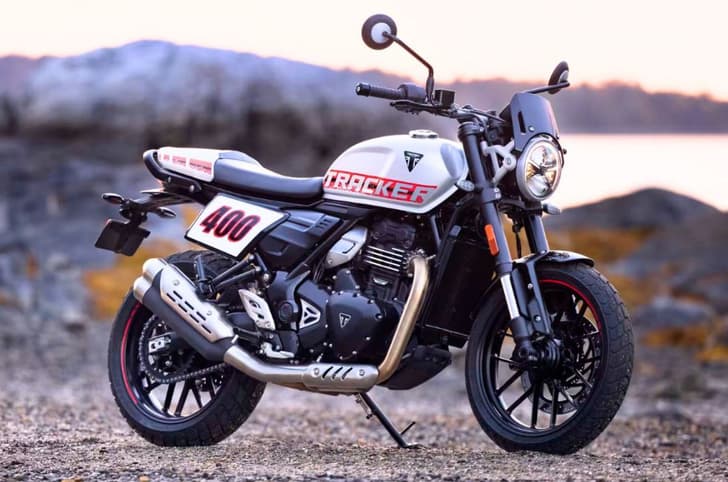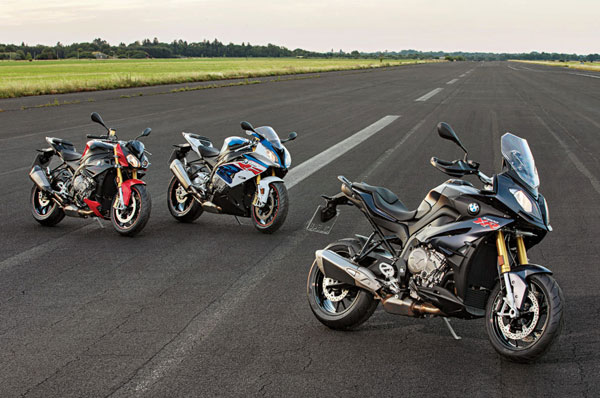It's a bit of an open secret that Bajaj is working on a new Pulsar 250 that's likely to be offered in two flavours: a naked bike and a semi-faired version. The launch is now just around the corner, but a lot has already been revealed, including major changes to the styling and mechanicals.
Next-gen Pulsar to get aggressive styling
Spy shots of the camouflaged Pulsars reveal that they're set to feature a more aggressive design. While the naked bike may look like it draws inspiration from the company’s NS models, a closer inspection provides a hint of the differences. The next-gen Pulsar’s proportions appear to be larger overall, in accordance with its expected 250cc displacement.
Not only does that help make the motorcycle more spacious, but also gives it a more prominent stance. Other differences come in form of the design of the headlight and tail-light. There’s no denying that the wheels appear the same as the current NS/RS models, but the similarities stop there, and these could change on the production bike. Even minor elements like the belly pan and tyre hugger use a different design.
Pulsar 250 could use new air/oil-cooled engine with VVA
Back in 2018, we learnt that this new engine platform will offer more scalability, stretching from 150cc to beyond the current 220cc limit; up to perhaps 250cc. While that remains to be confirmed, rumours do very strongly suggest that the bike in the image is running a 250cc engine. Interestingly, the image also reveals that the engine is air- and oil-cooled, not liquid-cooled like the NS and RS models. This also means that it will be a brand-new engine and not the one from the Dominar 250. But what's really interesting is that this engine is expected to get variable valve actuation technology recently patented by Bajaj. Everything points toward this being a new 250cc unit, and we can expect power and torque figures between those of the Bajaj Pulsar 220F (20.4hp/18.5Nm) and Dominar 250 (27hp/23.5Nm).
Next-gen Pulsar to use a monoshock for the first time
Like we revealed back in 2018, this is the first time that a non-LS/NS Pulsar will get a rear monoshock. Needless to say, the frame and swingarm will need to be different units to incorporate this feature. This complete change in the underpinnings is expected to improve the dynamics of the Pulsar, and has been a long time coming. The suspension at the front, meanwhile, is a conventional telescopic fork.
Next-gen Pulsar likely to get more features
Given that this is the next-generation Pulsar and one of the highest-capacity models in Bajaj’s range, it is expected to come equipped with a decent set of features. However, the Pulsar brand is also about accessibility, so we don't expect to see too many game-changing features here. Nevertheless, LED lighting and a fully-digital instrumentation are part of the list. Whether things like Bluetooth connectivity will be offered remains to be seen.
Next-gen Pulsar: Expected price and launch date
We now have an official launch date for the upcoming Pulsar 250s: October 28. We expect Bajaj to debut these updates on the Pulsar 250s and then bring the changes to lower capacity models subsequently. With the first bike expected to be at the quarter-litre mark, we expect it to cost slightly more than the 220F, which is priced at Rs 1.25 lakh (ex-showroom, Delhi). This will most likely be Bajaj’s biggest launch of the year.




































